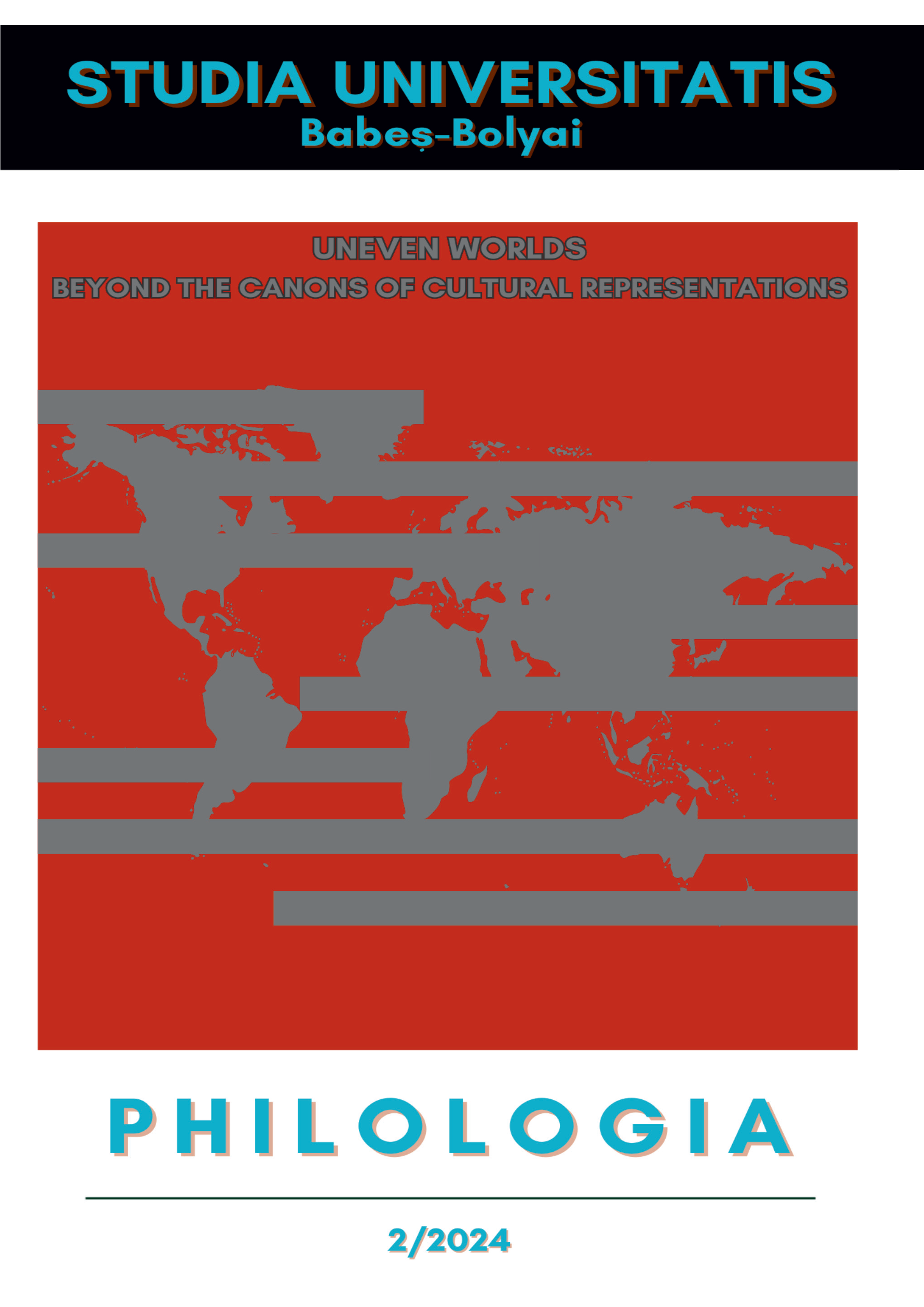GLOBAL THREADS, UNVEILING UNEVENNESS: CONTEMPORARY MAXIMALIST PROJECTS INTERROGATING CULTURAL HYBRIDISATION AND MARGINALITY
GLOBAL THREADS, UNVEILING UNEVENNESS: CONTEMPORARY MAXIMALIST PROJECTS INTERROGATING CULTURAL HYBRIDISATION AND MARGINALITY
Author(s): Alex VăsieșSubject(s): Comparative Study of Literature
Published by: Studia Universitatis Babes-Bolyai
Keywords: Maximalist Novels; Hybridisation; Migration; Periphery; Marginality; Anarchetype; Postmodernism.
Summary/Abstract: Global Threads, Unveiling Unevenness: Contemporary Maximalist Projects Interrogating Cultural Hybridisation and Marginality. Within a frame that emphasizes the tension between the global and the local, this paper aims to investigate the ways in which complex narratives that incorporate the tropes of migration, periphery, and marginality, amongst others, can bring to light aspects of unevenness and cultural and formal hybridisation. Works like Zadie Smith’s White Teeth, Arundhati Roy’s The Ministry of Utmost Happiness, or Bernardine Evaristo’s Girl, Woman, Other employ distinct maximalist modes of inquiry (Nick Levey) to question topics related to inequality, cultural relevance, or representational biases, in a type of novel about which James Wood claimed that it “suffered from an excess of storytelling and an almost paranoid preoccupation with linking up their many subplots in a web of forced meaning.” What stands at the core of this article is precisely this impulse to force a meaning which seems most frequently disrupted by an anarchetypal propensity to renegotiate a “rhetoric of inclusivity” (Franco Moretti) through which the maximalist author tries to exhaustively encompass the whole world (Levey). By selecting a corpus of maximalist novels to illustrate their evolution from the second half of the 20th century until more recent works, such as Evaristo’s, this paper investigates the shift through which these narratives have started to factor margins in, differently and more frequently than in the beginnings of this literary form.
Journal: Studia Universitatis Babes-Bolyai - Philologia
- Issue Year: 69/2024
- Issue No: 2
- Page Range: 73-90
- Page Count: 18
- Language: English

